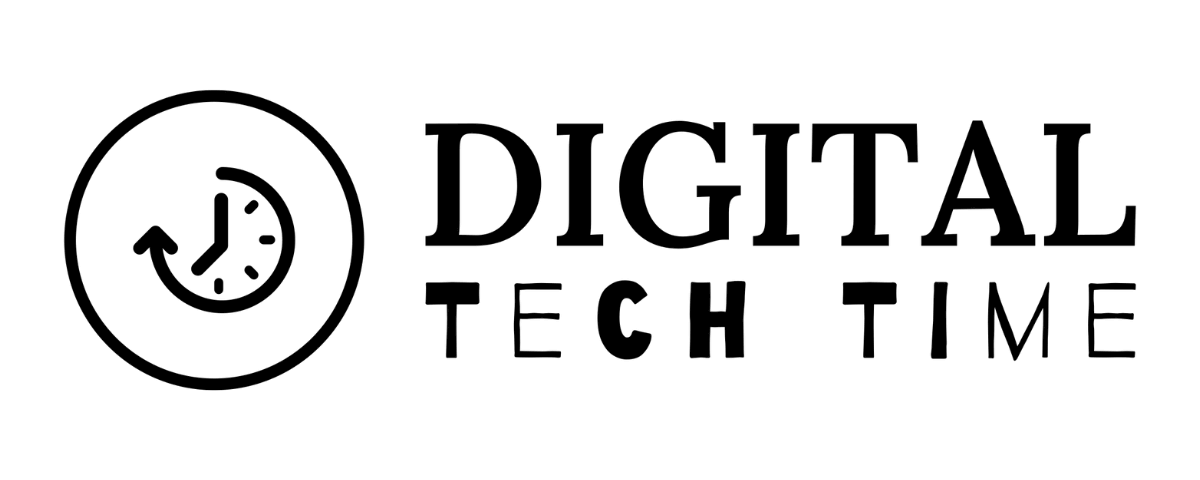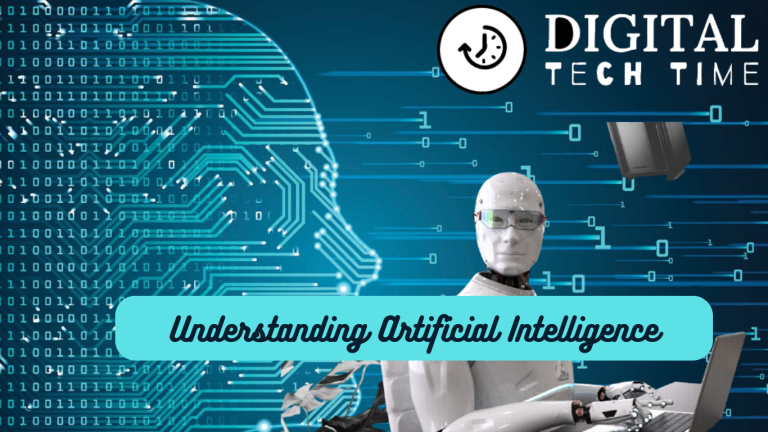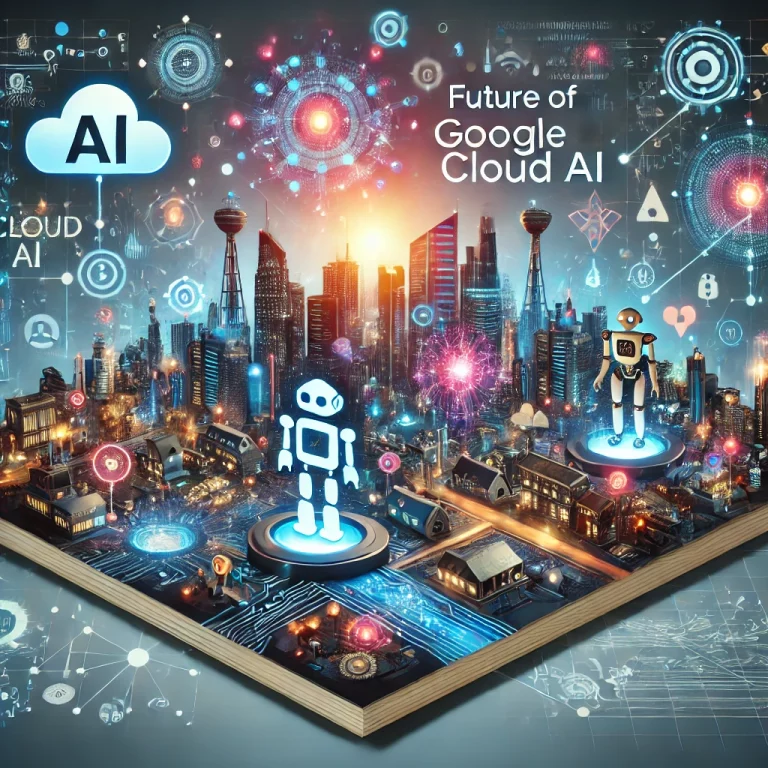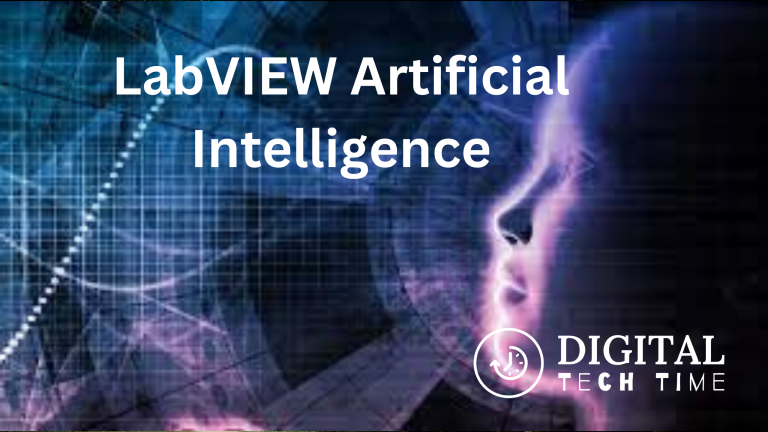Artificial Intelligence & Its Role In Branding & Marketing
In today’s fast-paced digital world, branding is more critical than ever. With the rise of artificial intelligence (AI), businesses have access to powerful tools that can transform how they develop, maintain, and enhance their brands. Here’s a deep dive into the importance of AI in branding and how it can impact various aspects of your brand strategy.
Table of Contents
AI and Personalization
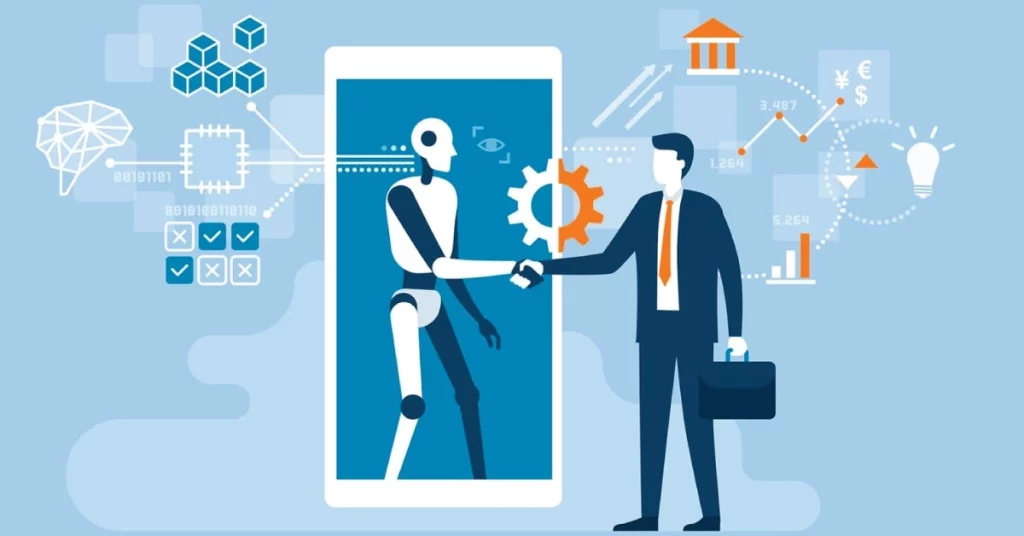
Customized Experiences
AI enables brands to offer highly personalized experiences to their customers. By analyzing vast amounts of data, AI can understand individual customer preferences, behaviors, and purchasing patterns. This allows brands to:
- Deliver personalized recommendations and product suggestions.
- Create targeted advertising campaigns that resonate with specific audience segments.
- Tailor content and messaging to meet the unique needs of each customer, enhancing engagement and loyalty.
Customer Segmentation
AI algorithms can segment customers into particular groups based on a variety of criteria, such as demographics, behavior, and interests. This precision in targeting ensures that marketing efforts are more effective and relevant.
AI and Customer Insights

Data Analysis
AI excels at processing and analyzing large datasets quickly and accurately. This capability provides brands with deep insights into customer behavior, preferences, and trends. These insights can inform strategic decisions and help brands stay ahead of the competition.
Predictive Analytics
Through predictive analytics, AI can forecast future customer behaviors and market trends. This allows brands to proactively adapt their strategies, ensuring they meet customer needs and capitalize on emerging opportunities.
AI and Brand Identity
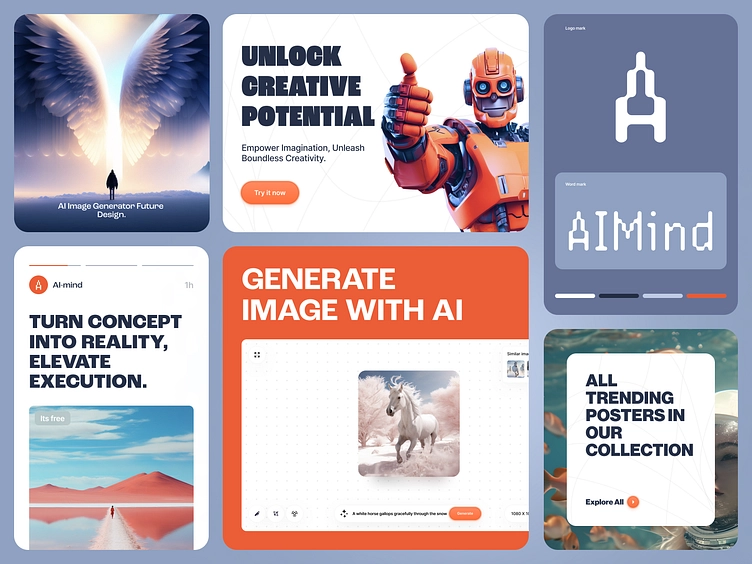
Consistent Messaging
AI helps maintain a consistent brand identity across all touchpoints. Automated tools ensure that the tone, style, and messaging align with the brand’s guidelines, regardless of the platform or medium.
Content Creation
AI-powered tools can assist in creating engaging and relevant content, from social media posts to blog articles. This not only ensures consistency but also saves time and resources, allowing brands to focus on strategic initiatives.
AI and Efficiency

Automation
AI automates repetitive tasks such as data entry, email marketing, and customer service responses. This not only increases efficiency but also reduces the likelihood of human error.
Optimized Ad Spend
AI can optimize advertising campaigns by analyzing performance data in real time and making necessary adjustments. This ensures that marketing budgets are used efficiently, maximizing ROI.
Data Protection

Security Measures
AI enhances data protection by identifying and mitigating potential security threats. Advanced algorithms can detect unusual patterns and take corrective actions, safeguarding customer data and maintaining trust.
Compliance
AI tools help ensure compliance with data protection regulations such as GDPR and CCPA. By automating compliance checks, brands can avoid costly fines and reputational damage.
Lack of Human Judgment

Limitations of AI
While AI offers numerous advantages, it lacks the nuanced understanding and empathy that human judgment provides. Decisions based solely on data can sometimes miss the context or emotional intelligence that humans bring.
Human-AI Collaboration
To mitigate this, it’s essential to strike a balance between AI-driven insights and human oversight. Combining the strengths of AI with human creativity and judgment leads to more well-rounded and effective branding strategies.
Technology Reliability and Dependability
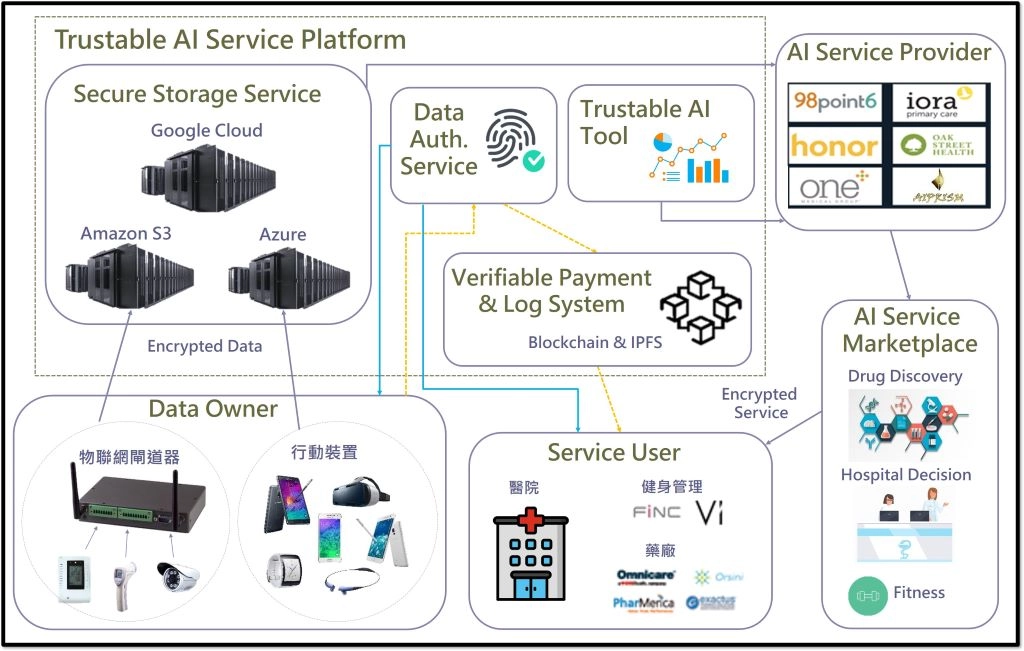
Technical Challenges
AI systems depend on reliable technology and data. Any disruptions or inaccuracies in the data can impact the performance and outcomes of AI tools. Brands must ensure they have robust infrastructure and data management practices in place.
Continuous Improvement
AI technology is continually evolving. Brands need to stay updated with the latest advancements and be willing to invest in upgrades and training to fully leverage AI’s capabilities.
Risk Mitigation
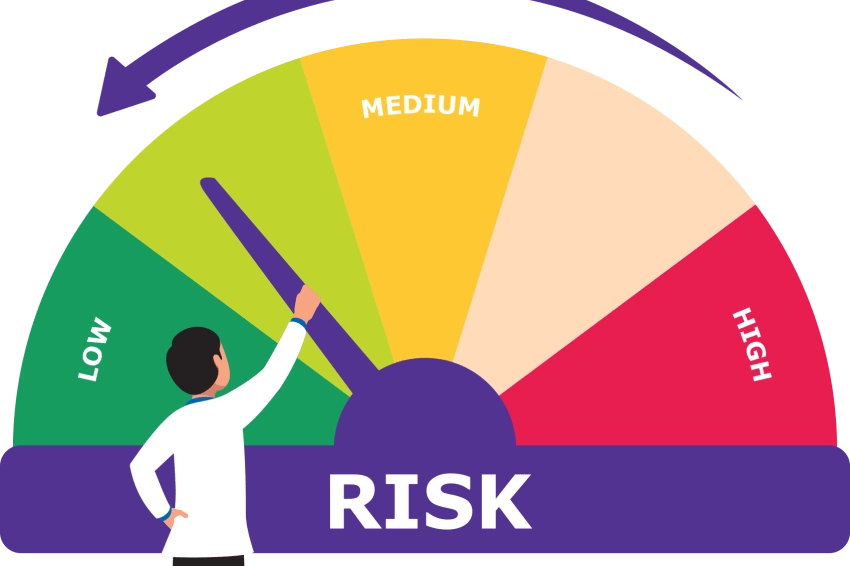
Identifying Risks
AI can identify potential risks by analyzing patterns and trends that humans might overlook. This includes market risks, operational risks, and security threats.
Proactive Measures
By using AI to monitor and predict risks, brands can take proactive measures to mitigate them. This enhances overall resilience and ensures smoother operations.
Related Post: Generalist AI Agent in 3D Virtual Environments
Frequently Asked Questions (FAQs)
What is the importance of AI in branding?
Answer: AI is crucial in branding as it enables deep personalization, provides valuable customer insights, ensures consistent brand identity, enhances operational efficiency, and supports data protection and risk mitigation. By leveraging AI, brands can engage customers more effectively and make data-driven decisions that enhance their market presence.
How does AI enhance personalization in branding?
Answer: AI enhances personalization by analyzing vast amounts of data to understand individual customer preferences and behaviors. This allows brands to deliver tailored experiences, such as personalized product recommendations, customized marketing messages, and relevant content, which increases customer satisfaction and loyalty.
In what ways does AI provide customer insights?
Answer: AI processes and analyzes large datasets to reveal patterns and trends in customer behavior. It offers predictive analytics to forecast future customer actions and market trends, helping brands make proactive decisions. These insights enable brands to understand their customers better and tailor their strategies accordingly.
How does AI contribute to brand identity?
Answer: AI helps maintain a consistent brand voice across all customer touchpoints by automating content generation and ensuring it aligns with the brand’s values. It also fosters creative innovation by generating new ideas based on consumer data and market trends, keeping the brand fresh and relevant.
What role does AI play in improving efficiency?
Answer: AI improves efficiency by automating repetitive tasks such as data entry, customer service interactions, and social media posting. This allows human resources to focus on more strategic and creative tasks. AI also optimizes marketing campaigns by analyzing performance in real time and making necessary adjustments.
Conclusion
AI is transforming the branding landscape by offering unprecedented levels of personalization, customer insights, operational efficiency, and innovative potential. However, it also brings challenges such as data protection, the need for ethical considerations, technology reliability, and risk mitigation. By leveraging AI responsibly and strategically, brands can enhance their identity, engage customers more effectively, and stay ahead in an increasingly competitive market. As AI technology continues to evolve, its role in branding will only grow, making it an indispensable asset for future-proofing brand strategies.
